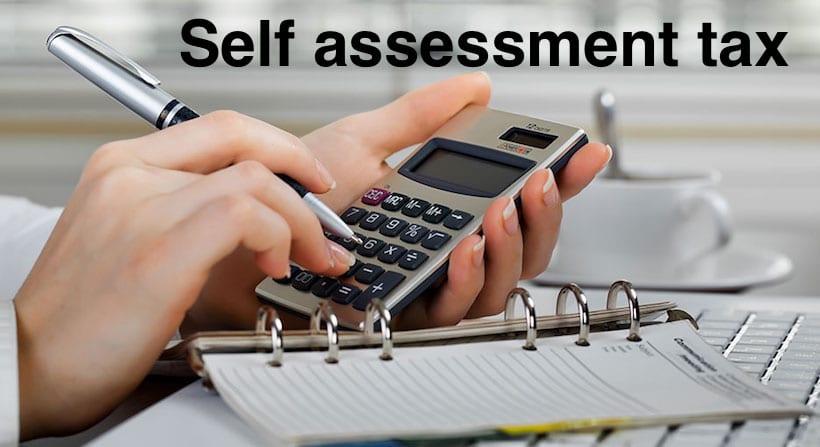Self Assessment Tax: Taxes are the major sources of revenue to the government. The government will wish that tax is timely deposited so as to avoid any loss of revenue. So, the government had introduced different avenues through which it collects taxation, being direct and indirect taxes. Income tax is direct tax. Entities need to pay tax to the government in the form of advance tax, tax deducted at source, tax collected at source,etc. In this topic, we are going to discuss self – assessment tax.
What is Self assessment Tax?
While filing of income tax return, there may be a situation where there may be some liability of tax after considering the TDS, MAT credit and Advance tax, so entity needs to pay this balance tax amount before filing the income tax return. This liability computed is known as self assessment tax. It is the tax paid at the time of final assessment of the income by the taxpayer earned during the year
It is governed by section 140 A of the Income Tax Act, 1961.
When Self assessment tax is required to be paid?
Self assessment tax needs to be paid before filing the income tax return. Hence without paying the self assessment tax, income tax return cannot be filed.
Advertisement
Content in this Article
Method of Calculating Self assessment Tax
- Total Tax Payable ___________
- Add: Interest u/s 234A, 234 B, 234 C ___________
- Less: Tax Deducted or Collected at source ___________
- Less: MAT Credit ___________
- Less: Advance Tax ___________
- Less: Relief claimed u/s 90, 90A or 91
- Balance (if any), Self – assessment Tax ___________
Note: Total Tax is Basic Tax + Surcharge + Secondary and Higher Edu. Cess @ 4% on Basic Tax + Surcharge, if any
Advance Tax is tax paid by us before the financial year ends. We estimate our total tax liability and make the payment to the department. This ensures continuous flow of revenue in the form of taxes in the Government’s treasury.
How to Pay Self assessment Tax
- Visit the https://onlineservices.tin.egov-nsdl.com/etaxnew/tdsnontds.jspto pay the e – taxes and click on Proceed under Challan No. / ITNS 280 option.
- Then, the website will redirect you towards a form, which needs to be filed.
- When we put in our PAN Details, it auto fills our Legal name details.
- We can verify our name from the PAN Card, and then go ahead with the details.
- Note: Some places in the PAN No. and in our Legal Name appear in XXXX format. The reason for the same is security of confidential data. Thus, we should also not share our confidential info with others.
- On proceeding forward, we are redirected to the tax payment bank. We can enter our bank details or card details in that and proceed to make the payment of the tax.
- We need to separate amounts into Basic Tax, Surcharge, Secondary and Higher Education Cess, Interest, Penalty, etc.
- We should ensure that our bank account has sufficient balance for tax payment.
- After we make the payment, we need to save the challan. The challan is a very important document and is a proof of payment made by us. We need to fill in the details like BSR Code, Challan No. and date at the time of filing of our Income Tax Return.
- Thus, self-assessment tax is an easy way in which we can comply with the Income Tax Laws.
Recommended
- Tax Calendar
- Electronic Verification Code (EVC)
- Belated Return
- History of Income Tax in India

